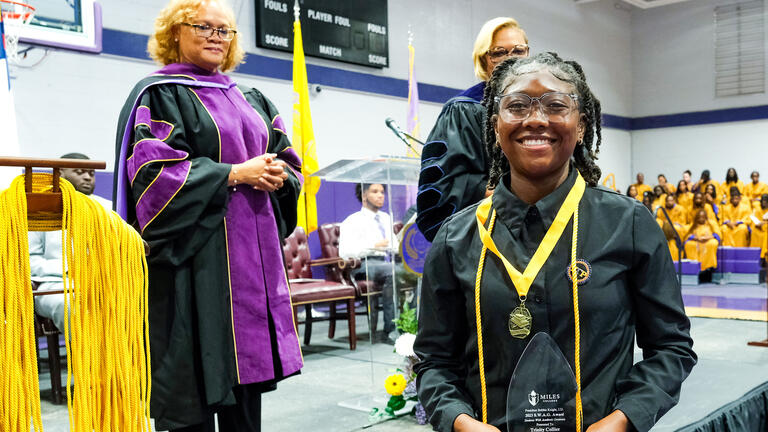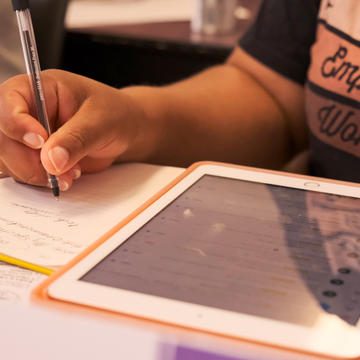
Division of Education

Mission Statement
The mission of the Division of Education follows the mission of the college to ensure that teacher education candidates “seek holistic development that leads to intellectual, ethical, spiritual, ad service oriented lives. This includes providing a liberal arts curriculum along with content mastery courses and teaching pedagogy that maximize the diversity and creativity essential to teacher education. Faculty professional involvement with candidates contributes to a learning environment that stimulates the life-long learning that undergirds teaching effectiveness. The Division manifests this concept by providing opportunities for candidates to develop the knowledge, skills and dispositions that they will need to work effectively with students in P-12 schools.

Diversity Statement
Candidates from all diverse backgrounds and perspectives will be well-served by this course. Candidates’ learning needs will be addressed both in and out of class, and the diversity that candidates bring to this class will be viewed as a resource, strength, and benefit. All content, materials and activities will be presented in a manner that is respectful of diversity: gender, sexual orientation, disability, age, socioeconomic status, ethnicity, race, culture, perspective, and other background characteristics.

Field Experience and Clinical Practice Statement
Field Experience and Clinical practice is the beginning of a training experience that offers the Teacher Candidates a supervised environment in which to observe. New skills will develop, and the candidates will polish professional skills already acquired. Each Teacher Candidate will be assigned to a school or center for a school-site observation by the Director of Field Experience and Clinical Practice. The Alabama State Department of Education requires documented clock hours for field experience. Teacher Candidates are expected to be timely, dress professionally and behave and speak in a professional manner at all times.
Majors
The Child Development non-certification program at Miles College prepares you to work with children from infancy through four years old and understand development and the factors that shape it. Through coursework in the classroom and in real world settings, including schools, you’ll develop the knowledge and skills you need to meet the needs of young children in today’s world.
See Program Page
Prepare for a career teaching students in kindergarten through sixth grade. Your coursework includes both liberal arts classes–biology, humanities, pre-calculus–and pedagogy courses that lead to real-world experience in local classrooms.
Our program centers on hands-on applied practice. We emphasize deeper understandings of traditional and non-traditional ways of teaching and learning English Language Arts. With both English content courses and English education-focused courses, our students graduate ready to lead. Contact us for more information.
Biology/Education
Combine a strong liberal arts education with professional teacher preparation through the Bachelor of Science in Biology with Teacher Education at Miles College. Students are prepared with strong content knowledge, practical classroom experience, and the skills to become effective science educators
At Miles College, studying biology is a celebration of growth, curiosity, and the magic of life itself. You’ll have many opportunities for hands-on discovery as you build important critical thinking skills and prepare for an impactful career. Whether you’re aiming for a future in medicine, research, environmental science, or biotechnology, Biology at Miles equips you with the knowledge, skills, and experience to thrive.